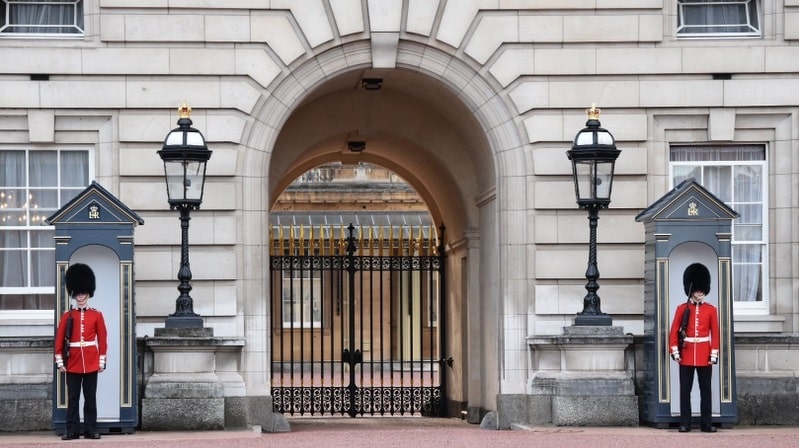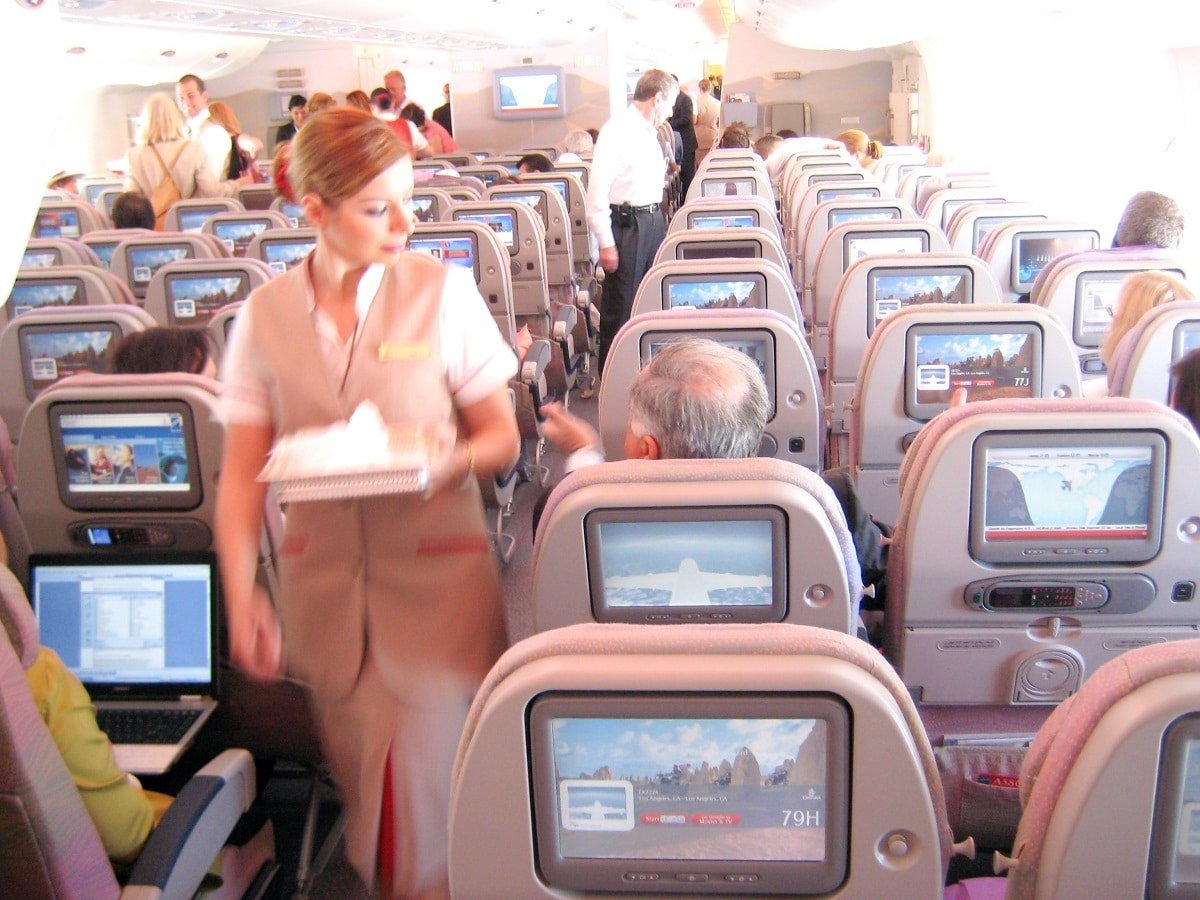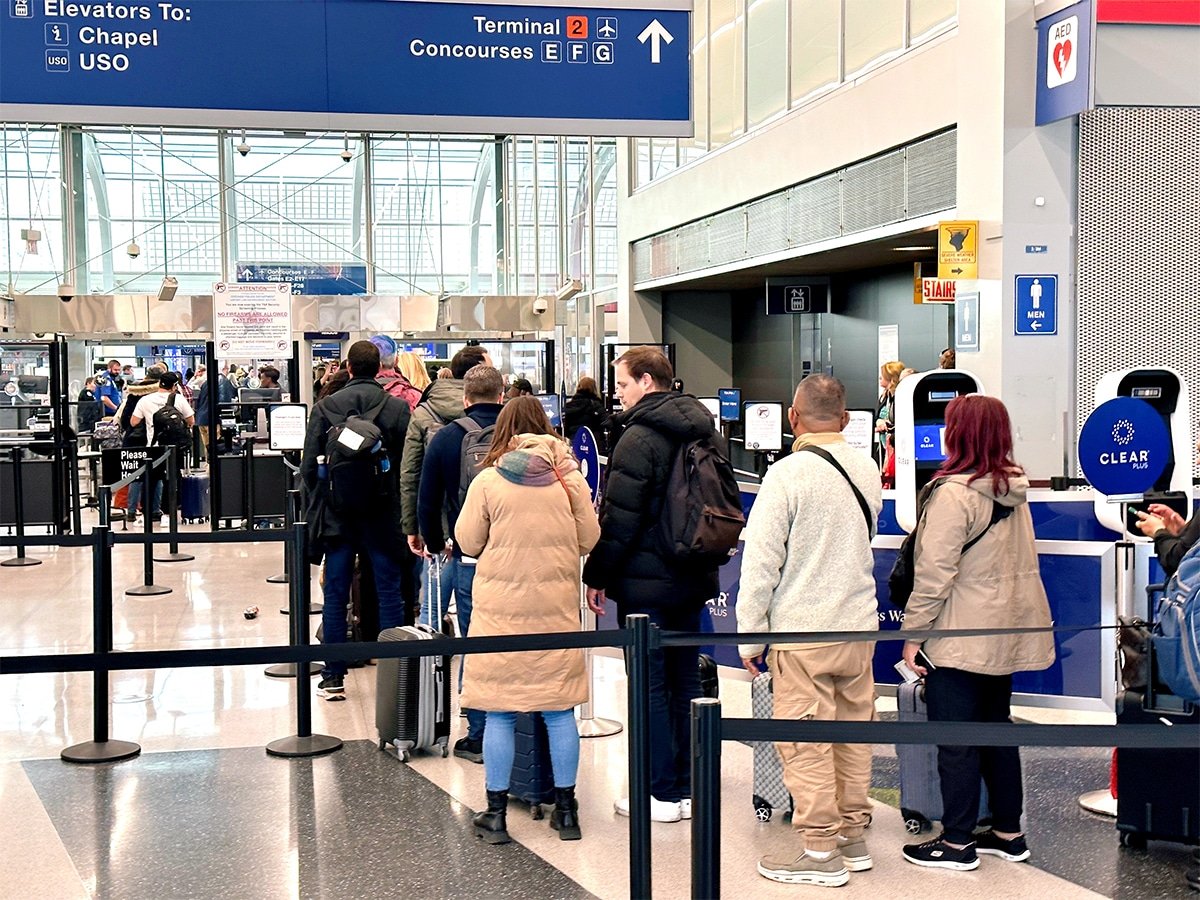
If you’re planning to travel internationally, there are some websites you should consult before hopping on a plane or cruise ship. I recommend first checking both the US State Department’s and the local embassy’s websites to find safety information and warnings related to your destination(s).
It’s also smart to cross-reference foreign travel advisories as well—especially those of Australia, Canada and the United Kingdom, as they are allies of the United States and write their information in English.
They very well could provide different information, including handy advice. Some people believe the US sometimes lists a country as dangerous for political reasons, and it’s always beneficial to use more than one source, so dig a little deeper when you’re doing your travel research.
What sites do you find helpful when traveling internationally?








I love hearing you on Leo Laport, KFI Radio and enjoy your email newsletters. My daughter is traveling to Hanoi to join a wedding party for a friend. Is there any specific advice you can give her. She has never been to Viet Nam but has traveled enough to be cautious. The wedding party will be staying at the Golden Silk Boutique Hotel in the old section. Is there a way to check out the tour guides who are reputable? Should she have a travel belt for her passport to be on her when not in hotel?
Hi E,
Thanks for the kind words. Sadly, I’ve never been to Vietnam (It’s at the top of my bucket list). But there’s plenty of reputable tour guides (usually a good hotel will have some but they take a cut. Also, it’s can’t hurt to have a belt or a vest like Scottevest (one of my sponsor’s) to keep and hide belongings on you.
I check the UK and Canada – sometimes Australia – because i find the U.S. to be a bit conservative and wary in their advice. I’ve traveled and spent time in several of the countries that the U.S. considers to have problems (before COVID) and I never encountered any. I was cautious, however.